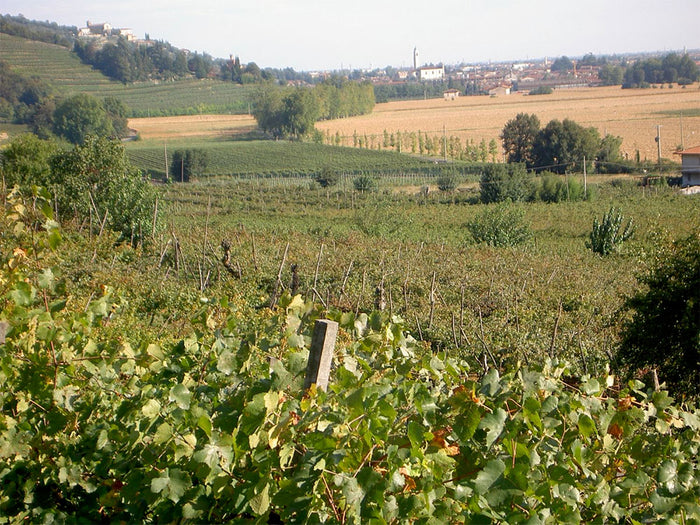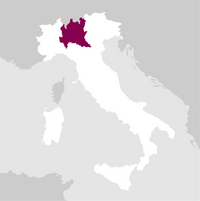Description
Extra brut sparkling wine from Lombardy, 12.5% ABV, produced by Vigneti Cenci. Blend: 80% Chardonnay, 20% Pinot Bianco. A Franciacorta born at the foot of Monte Orfano, from a winery that has always valued the terroir and its grapes. Temperature-controlled fermentation, followed by a second fermentation in the bottle for at least 48 months on the lees. The result is a wine with intriguing notes of fresh fruit and flowers, and a finish of hazelnut and chalk. On the palate, it is fresh, dynamic, and beautifully structured, perfect for celebrating any occasion.
Awards
Details

Perfume

Color

Taste
Serve at:
06 - 08 °C.
Longevity:
10 - 15 years

Pairings
- Start up year: 1984
- Oenologist: Massimo Messina
- Bottles produced: 50.000
- Hectares: 5
The secret of their wines is the Mount Orfano, its 'terroir' and climate, together with Pinot Bianco, are the essential elements behind the Franciacorta produced by Vigneti Cenci.
The minerality of Mount Orfano and the sunny, ventilated and dry climate allow the grapes of the Vigneti Cenci, and in particular the Pinot Bianco, to express their best, guaranteeing those floral and fruity aromas that make these wines unique.
Mineral, ripe wines with a persistent taste and fresh, fruity aromas.
It was the idea of Nelson Cenci, a medical doctor, writer and soldier, to revive the Boscaiola company's estate and its wines, thus enhancing a wine production that has always characterised this small corner of Franciacorta.
Today, Giuliana and Maurizio, Nelson's daughter and granddaughter, continue the work pursuing high quality, respect for the terroir and very low sulphites. Read more


| Name | Vigneti Cenci Franciacorta Nelson Cenci Cuvee Extra Brut |
|---|---|
| Type | White extra brut |
| Denomination | Franciacorta DOCG |
| Size | 0,75 l |
| Alcohol content | 12.5% by volume |
| Grape varieties | 80% Chardonnay, 20% Pinot Bianco |
| Country | Italy |
| Region | Lombardy |
| Vendor | Vigneti Cenci |
| Origin | On the slope of Monte Orfano (Brescia) |
| Climate | Exposure: South-West. |
| Soil composition | Colluvial soil on a rocky substrate. |
| Cultivation system | Sylvoz, Guyot. |
| Wine making | Only must from the first-pressing. |
| Aging | Temperature-controlled fermentation, followed by a second fermentation on the lees in the bottle for at least 48 months. |
| Allergens | Contains sulphites |







